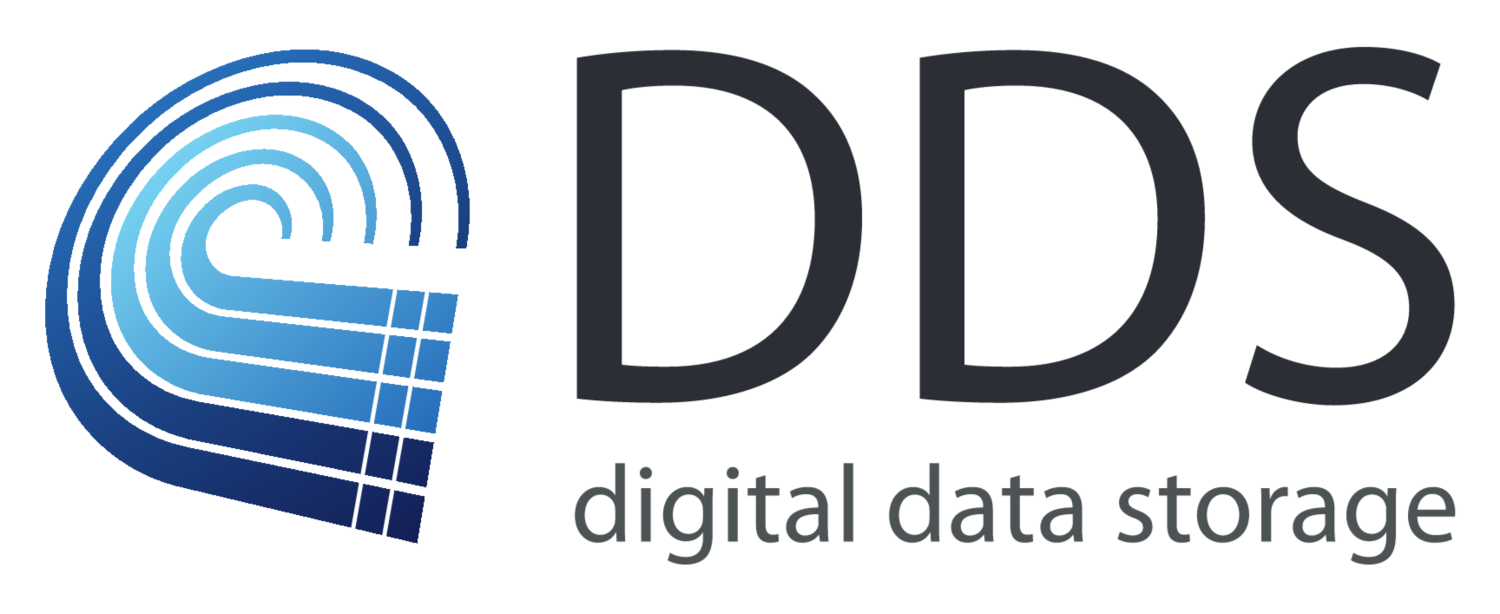Tropico Magnetic Tape Emulation
History
The TROPICO PHT1230 was a development of the Brazilian Telecommunications Administration, also called TELEBRAS. It came about as a form of import substitution, to use a locally-developed and manufactured system instead of technology from overseas (even if manufactured locally). The project started in 1973 and a prototype was completed in 1981. It first entered service in Sao Paulo in 1990.
The system is a remarkable demonstration of what national determination can achieve. Also technically the TROPICO is an innovative and functional system with some nice features.
Installed Base
TROPICO is widely used in Brazil. While it serves millions of subscribers in Brazil it is only one of many installed exchanges. The system was developed in stages and therefore they are a number of variants installed.
Technology
TROPICO is based around Intel 80386 and 8088 CPUs and software was mostly written using CHILL. It uses a SCSI variant for accessing some peripherals including tape drives. Tape drives are used for both office data backup and billing. Tropico Magnetic Tape Emulation was not considered during the design of the system but is possible using DDS insead of the legacy tape drive.
Installation
TROPICO uses a 50-pin IDC cable with a SCSI variant for data communcations. Generally -48V power is provided and can be used by the DDS. Alternatively it is possible to use either of the standard mains voltages (127V, 240V) with a 12V power adaptor.
Tropico Magnetic Tape Emulation can be achieved with the DDS with a simple plug-and-play swap of the legacy tape drive with the DDS. The SCSI connector is compatible and a power adaptor is available.
The DDS can fit in the space vacated by the legacy tape drive (it is much smaller) with an available rack mount kit.
Several of the DDS configuration options can be adjusted for Tropico Magnetic Tape Emulation. Apart from selecting the Tropico SCSI variant, it is possible to set the SCSI ID, virtual tape names and sizes and termination options.
Existing tapes can be copied to the DDS. In particular it is common to copy the emergency restart start to the DDS so that it will be available if needed. As per normal exchange procedure, this should be tested to ensure that the correct exchange file is used.
Training
The plug and plug nature of the DDS means that the exchange does not need to be modified to accept DDS. There is no need to adjust the software, change switch settings or install new interface cards. Generally the same cabling can be used, with perhaps a slightly different power connector.
For these reasons, rolling out the DDS for Tropico Magnetic Tape Emulation is relatively straightforward. Training generally focuses on the additional features provided by the DDS such as multiple virtual tape emulation, copying files over the network or to local SD cards / USB sticks and perhaps setting up automated backup and billing / mediation systems.
We generally provide training through our local partner at a test exchange, with the topics to be agreed during homologation.
Support
Our local partner generally has skilled staff on hand to provide installation and field support. Where required our engineers can bring additional test equipment and expertise to implement new features and diagnose problems which come to light after homologation.
With DDS it is beneficial to obtain the maximum benefit from this new technology. Our skilled engineers can suggest options to minimise operational cost after installation, making use of network features and other settings to maximise return on investment.
